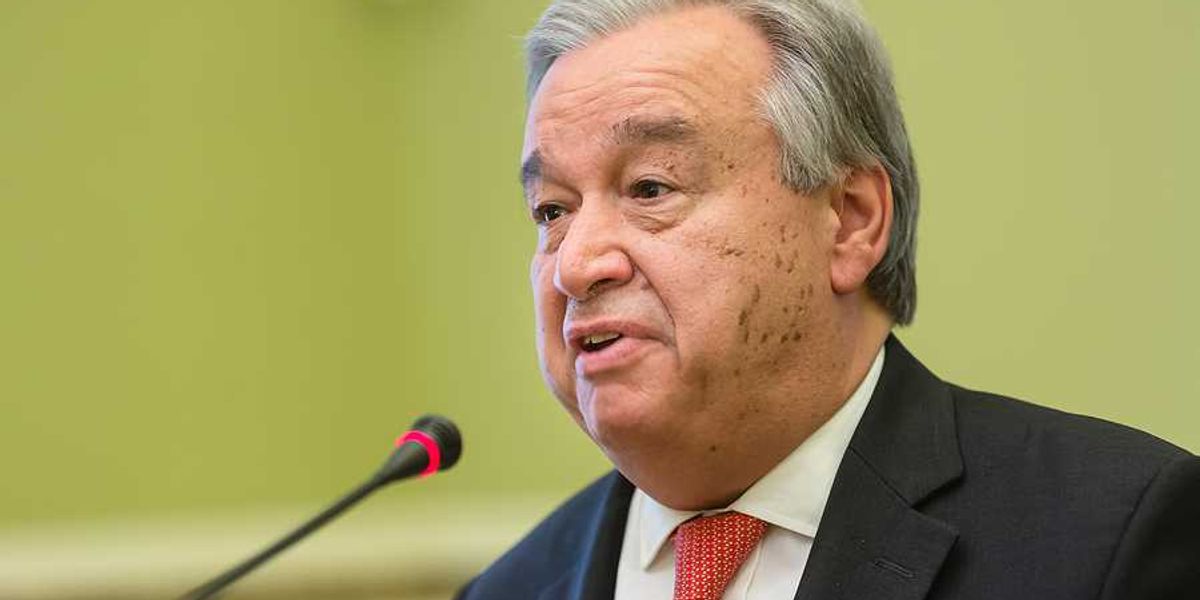Trump administration halts Columbia River Treaty talks, raising tensions with Canada
The U.S. has suspended negotiations on the Columbia River Treaty, a decades-old water management agreement with Canada, as trade disputes escalate under President Donald Trump.
Shannon Waters reports for The Narwhal.
In short:
- The Columbia River Treaty, in place since 1964, governs flood control, hydroelectric power, and water use between Canada and the U.S. The U.S. can terminate it with 10 years' notice.
- Trump has called the treaty unfair to the U.S. and halted talks on a new agreement, which would have reduced payments to Canada but allowed more flexible water management.
- B.C. officials are preparing for potential unilateral U.S. actions, warning that disruptions to the treaty could have broad consequences for water management and energy production.
Key quote:
“Canada and the U.S. have been the envy of the world because of the Boundary Waters Treaty and it’s largely worked extremely well because we’ve always taken a mutually beneficial approach. I really hope that that continues.”
— Tricia Stadnyk, professor and Canada Research Chair in hydrological modelling at the University of Calgary’s Schulich School of Engineering
Why this matters:
The Columbia River is a critical water source for both countries, supporting energy production, agriculture, and ecosystems. If the treaty collapses, Canada and the U.S. could face contentious disputes over water access, flood control responsibilities, and hydroelectric power distribution. The loss of coordinated flood management, in particular, could put downstream communities at risk, while uncertainty over power generation could disrupt the energy grid in the Pacific Northwest. More broadly, failure to renegotiate the treaty could set a troubling precedent for other cross-border water agreements at a time when resource management is becoming increasingly fraught due to climate change.
As negotiations continue, the stakes remain high for governments, Indigenous nations, farmers, utilities, and environmental advocates alike. How the two nations navigate these challenges will not only shape the future of the Columbia River but could also influence other international water agreements.













